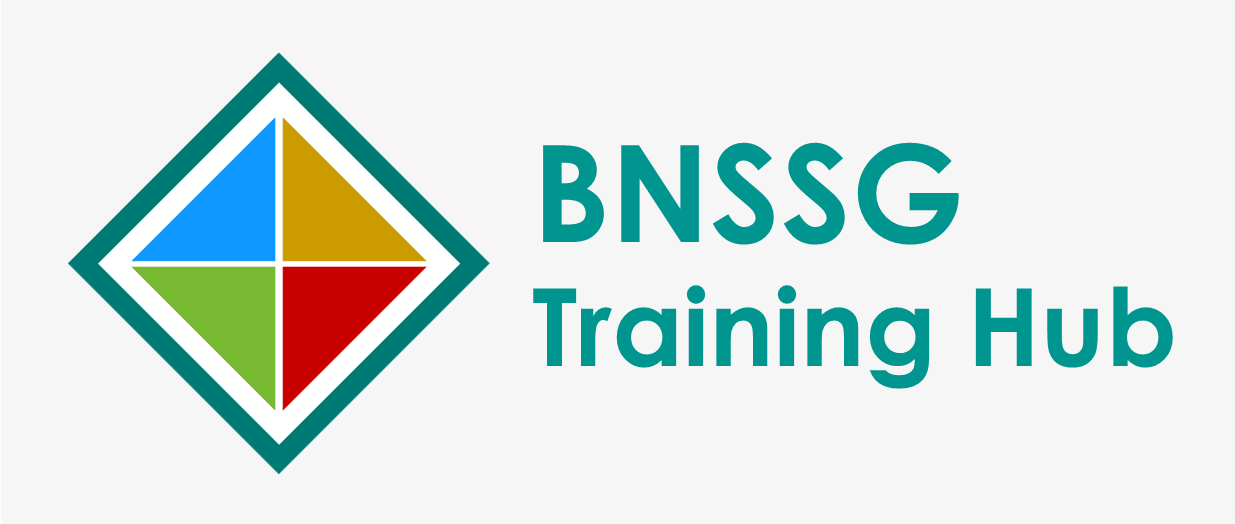Join Dr. Ruth Bowen as she interviews local specialists from around Bristol, North Somerset, and South Gloucestershire on a range of topics related to primary care paediatrics — the non-blanching rash, enuresis, the limping child, infant feeding issues, and more!
This podcast is aimed at primary care professionals only and does not substitute professional medical advice or consultations. Topics will be discussed with BNSSG primary care in mind, and with references to local referral pathways, but the majority of content covered will be based on national guidelines and applicable nationally.
Released episodes are listed below, and available on a range of podcast directories, including Spotify.
The contents of this podcast are for educational purposes, aimed at primary care healthcare professionals only. They do not substitute professional medical advice or consultations with a healthcare professional.
Information presented is the opinion of the healthcare professional interviewed, based on their interpretation of best practice and guidelines at the time of the interview. It is the listener’s responsibility to compare information given with up-to-date local and national guidelines.
BNSSG Training Hub, Ruth Bowen, and interviewees are not liable for any clinical decisions made as a result of this podcast.





